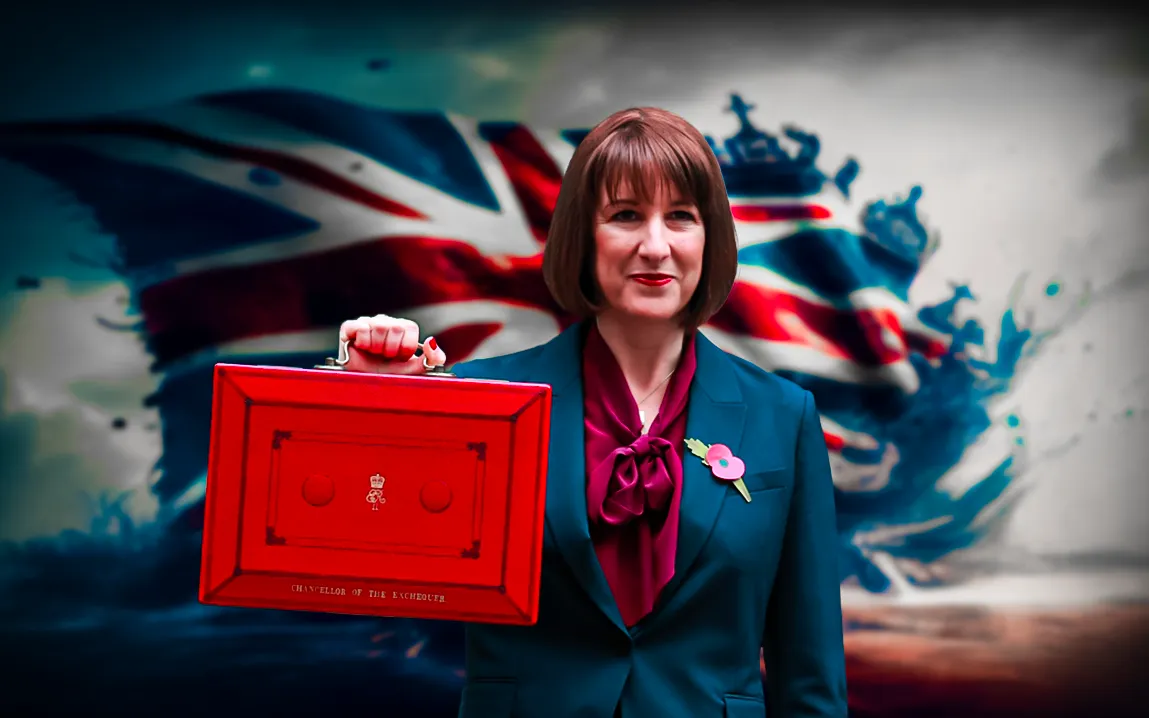Chancellor Rachel Reeves reveals a wide-ranging strategy for accelerating UK’s economic growth through the exploitation of the nation’s financial services sector, increasing sustainable investment, faster settlements for trade, and international investor appetite.
In a bid to speed up the economic development of the United Kingdom, Chancellor Rachel Reeves has come up with a plan that puts the UK’s financial services industry at the center of development efforts. The plan is meant to leverage the financial knowledge of the UK to drive local growth and enhance relationships with rising markets.
Mobilizing Financial Services for Economic Expansion
Chancellor Reeves on 20th February 2025 invited a roundtable at Canary Wharf for the chiefs of major financial institutions such as Aviva, HSBC, and Schroders. In the course of discussion, they deliberated on gaining access to the financial services of the UK in order to open up investment opportunities in emerging markets and thus create room for British companies to grow and prosper. It is part of the core structure of the “Plan for Change” of the government, an action meant to boost the economy through harnessing the financial intelligence of the country.
Establishing the London Coalition on Sustainable Sovereign Debt
One of the key takeaways from the meeting was the establishment of the “London Coalition on Sustainable Sovereign Debt.” Government Economic Secretary to the Treasury Emma Reynolds co-chaired the coalition, taking along government ministries and private sector counterparts along for working to come up with innovative measures of sustainable financing of sovereign debts in developing economies. The aim is to facilitate open debt restructuring and prudent borrowing behavior, allowing emerging markets to achieve their development and climate objectives. This is not only augmenting London’s position as a development finance leader but also driving economic activity and investment throughout the UK.
Accelerating Securities Trade Settlement
As part of its effort to raise the competitiveness of the UK capital markets, the government has pledged to accelerate settlement of securities trades. In adopting a ‘T+1’ settlement cycle—trades settling the next day after trade—the UK joins high-quality international markets such as the United States. The speeding-up should decrease operational costs and risks to investors, making UK financial markets more efficient and appealing. This new settlement cycle is expected to be finalized by October 11, 2027.
Working with Global Investors
Chancellor Reeves has also launched bringing international investors on board to re-gain confidence in the economic agenda of the UK. In her speech at the World Economic Forum in Davos, she asserted the government’s determination to cut back on red tape and focus on economic growth. These statements are part of a broader approach to drawing in international investment and showcasing the UK’s intention to create a business-friendly environment for growth.
Equilibrating Regulation and Growth
While arguing for growth, Chancellor Reeves has also spotted the necessity of remaking certain regulations post-financial crisis that indirectly might compromise the dynamism of the financial sector. She has even advocated for a balanced path where financial stability is delivered and unnecessary obstacles to innovation and expansion in the industry are lifted. This repositioning is to make the regulatory system justifiable to foster, not hinder, the industry’s contribution to the economy.
Conclusion
The three-stranded approach of Chancellor Rachel Reeves utilizes the robust financial services sector of the UK as an agent of economic recovery. Through driving sustainable investment to emerging markets, simplifying the financial processes, and connecting to global stakeholders, the UK has the potential to solidify itself as a worldwide financial hub as well as driving domestic economic progress.



